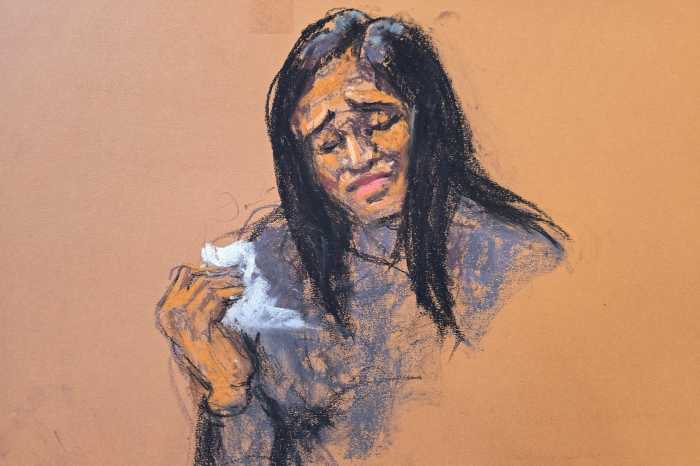A Manhattan jury convicted hip-hop star Sean “Diddy” Combs of two counts of transportation to engage in prostitution but acquitted him of the more serious sex trafficking and racketeering charges in federal court Wednesday.
Combs celebrated the verdict as it was read around 10:18 a.m., mouthing “thank you, thank you” to the jury. The verdict concluded an eight-week-long trial where federal prosecutors accused Combs of leading a criminal enterprise, using “power, violence and fear to get what he wanted” by trafficking and exploiting women for sexual pleasure.
Combs could face up to 20 years in prison on the two prostitution charges, but presiding Judge Arun Subramanian has yet to determine the sentence. Combs’ defense team is arguing that his crime is less severe than others charged under the Mann Act, the federal prostitution law, which typically involves underage victims or making money through prostitution.
In the interim, Subramanian denied the defense’s request for release on bond, noting that Combs may still pose a danger since he admitted during the trial to domestic violence even after he knew he was under investigation.
“You full-throatedly in your closing argument told the jury that there was violence here,” Subramanian said to the defense.
Subramanian suggested sentencing in October, though the defense pushed for a more expedited schedule. The time Combs has served since his September 2024 arrest will count toward his ultimate sentence.

Though Combs was convicted of two charges, he celebrated his partial victory, which acquitted him of the three most serious charges. Racketeering, a law created to prosecute mob bosses which has been used in many sex trafficking cases, could have carried another 20 years in prison, and the two counts of sex trafficking could have put him in prison for life.
Prosecutors alleged that Combs used his vast criminal network to force the women to engage in drug-fueled sexual performances across days, known as “Freak Offs,” with male sex workers while Combs watched, masturbated and often filmed.
Federal authorities raided Combs’ homes in Los Angeles and Miami in March 2024, seizing electronic devices and discovering drugs and oils that Combs would have used in the “Freak Offs.”
A woman identified only as “Jane” testified that Combs attacked her and forced her to perform in the “Freak Offs.” Prosecutors attempted to show that the other core witness, Casandra Ventura, was also forced into the performance, showing footage from a Los Angeles hotel in 2016 where Combs kicked and dragged Ventura into the hallway.
The defense, led by Marc Agnifilo, portrayed Combs as a troubled, flawed man and acknowledged that he physically assaulted women and used drugs. But Agnifilo argued the government’s case on trafficking and racketeering was flimsy, attacking the credibility of the witnesses and arguing the performances were consensual.

The defense’s case rested on text messages from Jane and Ventura that expressed excitement about upcoming performances, which Agnifilo alleged proved the women were not coerced — a necessary part of sex trafficking. But the witnesses responded they were only saying what Combs wanted to hear. The jury seems to have found the defense’s argument more convincing.
Agnifilo said the racketeering charge — which would have required prosecutors to prove that Combs’ employees were knowing and essential parts of his criminal acts — was “exaggerated.” Typically, racketeering charges involve groups of people, and Agnifilo noted that there were no other indictments nor witnesses who testified to being involved.
Prosecutors unsuccessfully attempted to use testimony from Combs’ assistants that they were involved in setting up the rooms for “Freak Offs” as evidence of criminal enterprise.
Combs, who initially expected to be released on bail after the verdict was read, was more drawn as the judge told him he would not walk free out of the courtroom. He will remain in federal jail in Brooklyn while Subramanian deliberates on his sentence.
This is a developing story and will be updated as more information becomes available.






























